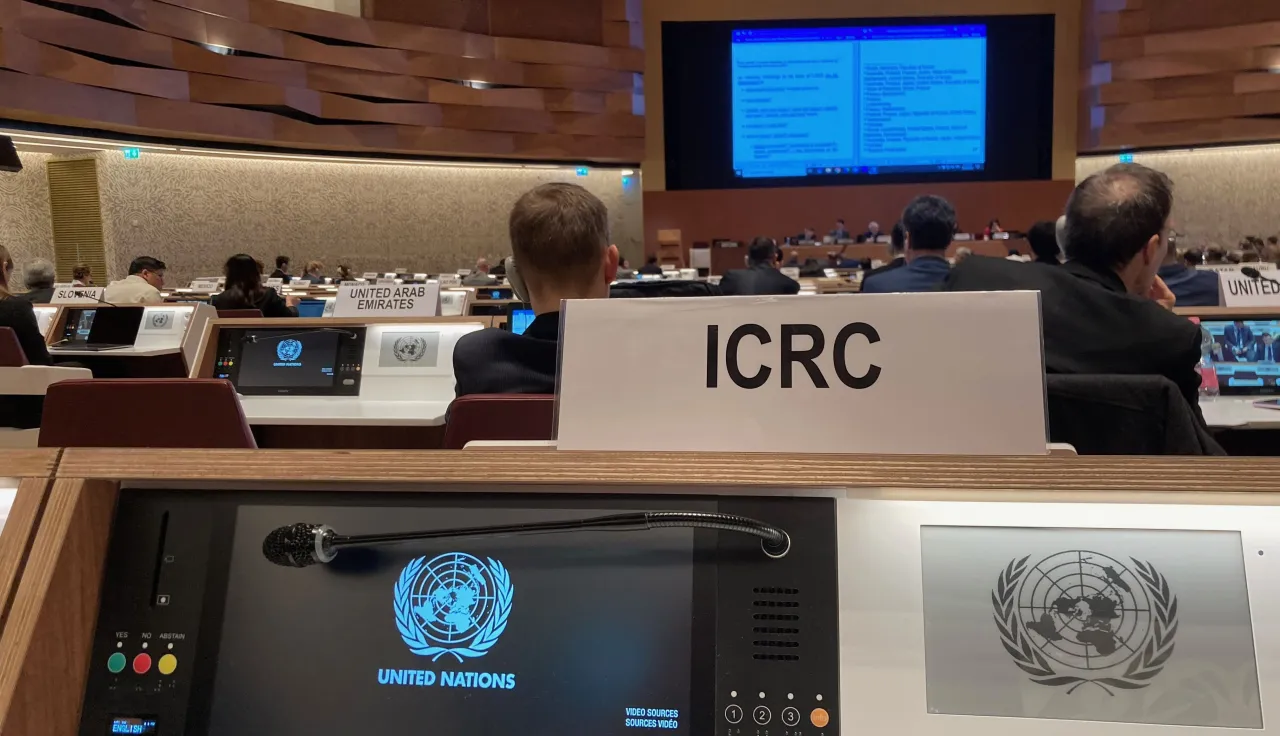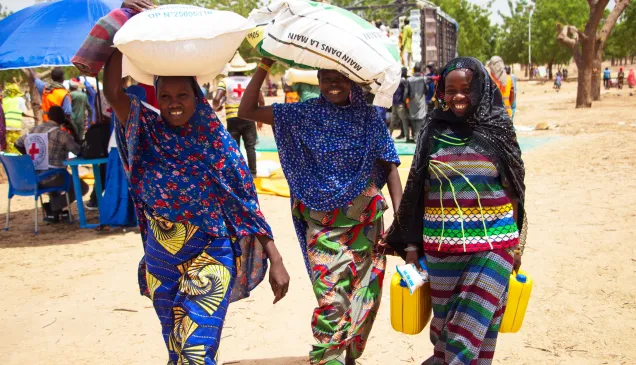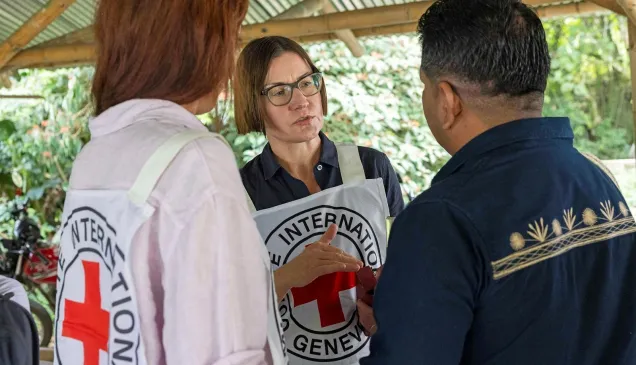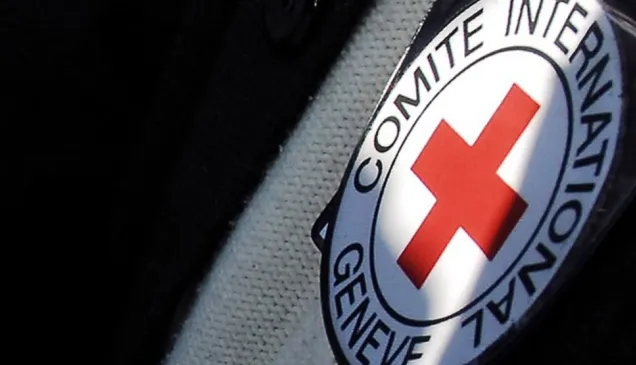ICRC: "Future generations must be protected from the serious risks posed by autonomous weapons"

States must act now, to prohibit unpredictable autonomous weapons, and those designed or used to apply force against persons, and to impose clear and binding restrictions on the development and use of all others.
Statement by the International Committee of the Red Cross - Convention on Certain Conventional Weapons (CCW) - Group of Governmental Experts on Lethal Autonomous Weapons Systems - 4/8 March 2024, Geneva
The International Committee of the Red Cross (ICRC) welcomes the Group of Governmental Experts' resumption of work and congratulates Ambassador Robert in den Bosch on his appointment as Chair of the Group.
A new year often brings renewed optimism. And, reflecting on the last year and looking ahead to upcoming initiatives, we are optimistic about the momentum towards effective legally binding rules on autonomous weapon systems.
We saw this momentum notably in the UN General Assembly, where the overwhelming majority of states – 164 – supported the resolution, tabled by Austria and 43 co-sponsoring states, on autonomous weapon systems. They stressed the urgent need for the international community to act to address the challenges and concerns raised by these weapons.
This mirrored the joint call made by the President of the ICRC, and the Secretary General of the United Nations for political leaders to take urgent action, to negotiate a new, legally binding instrument with clear prohibitions and restrictions on autonomous weapons by 2026.
The Manila Regional Conference in December then provided a valuable space to hear diverse perspectives from Indo-Pacific states. And we are looking forward to continued engagement in Vienna and in Freetown.
The discussions of this Group, and those of its preceding expert meetings, have progressed significantly over the last decade. But so has the development of autonomous weapon technologies.
Several companies claim that their armed drones can strike autonomously – and in some cases that they already have, in current armed conflicts. It is extremely difficult to verify these claims of use, but our assessment is that the infrastructure does exist.
We hope to learn more from submissions to the Secretary-General's report, including from the scientific community, industry and others. No doubt that report will draw heavily on the work done under the CCW, and we encourage this Group to also leverage and build on its findings in discharging its mandate.
The timeline of this Group's mandate is long. But this cannot foster complacency. Rather, it should be seen as an opportunity to make genuine, substantive progress; to build on last year's conclusions, and articulate the kinds of autonomous weapon systems that would be incapable of use in compliance with international law, along with others that must be prohibited, and to elaborate the restrictions – specific to autonomous weapons – needed for all others. Some of these elements could be drawn from the concrete language already submitted in States' working papers and interventions, and we encourage High Contracting Parties to engage constructively across these various proposals.
States must act now, to prohibit unpredictable autonomous weapons, and those designed or used to apply force against persons, and to impose clear and binding restrictions on the development and use of all others.
Future generations must be able to look back at the work of this Group and see that it responded effectively and in time to protect them from the serious risks posed by these technologies.
The ICRC stands ready to support all States in this important work, this week and in the months ahead.



